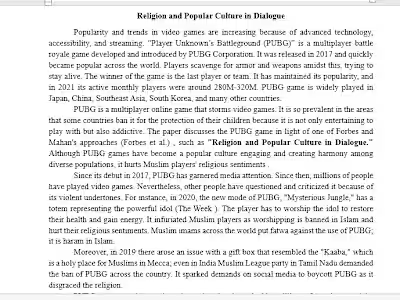Plastic Pollution
Humanity has long been captivated by the vastness, complex ecology, and the wonder of the marine environment. However, plastic pollution poses an immediate threat to this complex web of life. The increasing harm that plastic pollution is causing to the environment and public health has brought the issue to light in recent years (IUCN, 2021). Plastic is a synthetic organic polymer derived from petroleum that has many applications in construction, automotive, electronics, sports, home, and agricultural industries. At least 14 million tons of plastic waste end up in the ocean each year. Currently, eighty percent of all marine trash is discovered in deep-sea sediments, since plastic makes up the majority of the litter in surface waters, it is the most common type of marine debris (IUCN, 2021). Every continent has plastic beaches, with higher concentrations of plastic waste discovered near popular tourist destinations and areas with high population density. The plastic pollution in the marine environment has become a global issue because of the persistence and harmful nature. This essay explores the impacts of plastics on ecological services and their natural phenomena and highlights the contribution of anthropogenic activities. Moreover, it discusses the environmental limits, need for mitigation and adaptation strategies to protect, and save the ocean ecosystem.
Like this project
Posted Sep 19, 2024
This project focuses on the urgent issue of plastic pollution in marine environments and its detrimental impact on ecosystems





